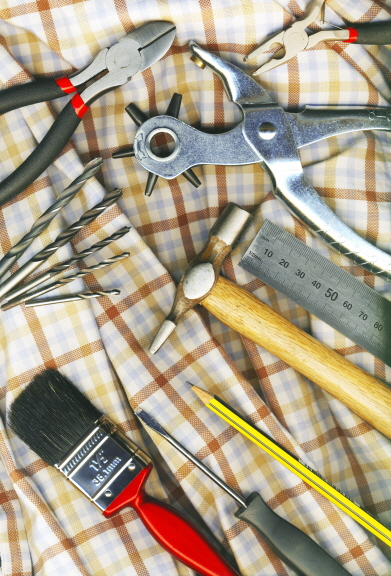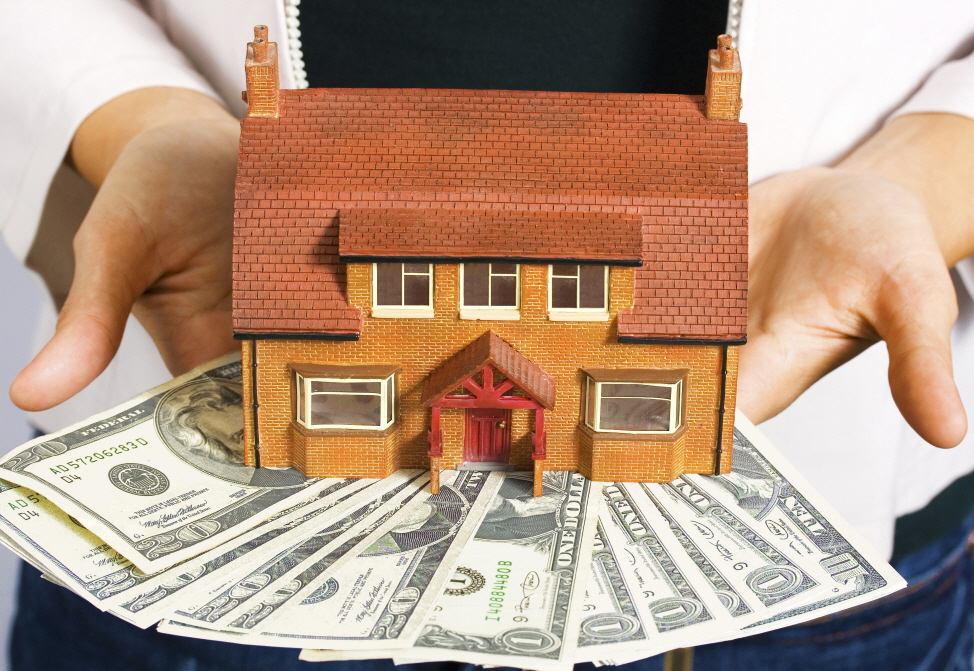![]()
It’s bound to happen: tenants will come to landlords with complaints. How are you going to react?
If you want to keep good tenants in your property, you need to be responsive to a tenant’s complaints, or even better, not let problem situations develop in the first place. Be proactive. A landlord needs to be proactive if he or she wants to be successful.
Being slow to act on legitimate issues will frustrate and alienate your renters.
Here are some of the most common things tenants might complain about and how you can handle them. Or better yet, how you can avoid the problem situations before they arise.
1. Where’s my security deposit?
When you become a landlord, you should know the security deposit law for your jurisdiction. You can look up your state’s law here: Landlord-Tenant State Laws & Regulations
You typically have 30 days to return your tenant’s security deposit or explain why you’re keeping all or part of it. This requirement varies by state, which is why you need to know your state’s law and follow it. Otherwise, you could be sued.
Note that you can’t keep the security deposit to renovate your property. You can, however, use the money to repair anything your tenant damaged that is above and beyond “normal wear and tear.”
2. The __________ is still broken.
The debate can go something like this:
“You never fixed the broken oven,” your tenant says.
You reply, “I never knew the oven was broken.”
If you have a maintenance request system in place, you can avoid this he said/she said situation entirely.
Quick, Easy Communication
There’s no need for a notarized letter sent to you certified mail. You don’t need a formal system, but maintenance requests should be in writing.
Encourage your tenant to text or email you about the problem.
You should then respond as soon as possible (ideally within 4 hours), letting them know you are aware of the problem and how you plan to resolve it. If your tenant calls you to report a maintenance request, you should text or email them back with an acknowledgement of the repair request and the plan is to resolve it. That way, you have a paper trail.
Not All Repairs Need to be Fixed
Then you should get the oven, or whatever the problem might be, fixed.. As soon as you know when the repair person is coming, let your tenant know that they either need to be home at that time, or if they can’t be there, you or your representative should let in the repair person. If you don’t intend on fixing the problem, communicate that to renters, too. Don’t go radio-silent.
Don’t mistake a wish list from a repair list, but don’t go radio-silent either.
It’s worth mentioning that not all requests need to be fulfilled. Perhaps the renter is asking you to change the paint color, or install granite countertops. Don’t mistake a wish list from a repair list. While you should strive for excellence, a landlord is only required to make repairs for issues that affect habitability.
After the repair is finished, follow up with your tenant in writing to make sure the repair was satisfactory.
3. I can’t reach you.
It’s best if you don’t set up arbitrary times when you can and can’t be reached. Your tenants should be able to contact you for legitimate reasons any time, and you should answer in a timely manner.
If your tenant starts to contact you for non-pressing reasons, you can let them know—in a calm and professional manner—when they should and should not contact you. And give them examples of “crying wolf.”
Good communication with your tenants comes with the territory. If that’s something you’re unwilling to do, hire a property manager to communicate on your behalf. It’s unacceptable to ignore your tenants.
4. The neighbors are horrible, so I can’t sleep.
Landlords often get complaints that the neighbors are undesirable in some way, usually because they’re noisy.
Unfortunately, you usually can’t do much about bad neighbors unless they’re also your tenants.
You could take measures to better insulate your property from sound, by installing carpeting or planting bushes around the house, but that might not be enough.
In situations where cigarette smoke is crossing into other units, you could seal up all the gaps around outlets and switches, and try to keep the air systems isolated.
If the Neighbors are your Tenants
If the noisy neighbors also happen to be your tenants, you can speak with them. If they continue to be inconsiderate, and by doing so, are violating lease terms, you might wish to consider giving them an eviction notice. Or you might not want to renew their lease at lease renewal time.
If the Neighbors are not your Tenants
If the noisy neighbors are not your tenants, ask your complaining tenants to speak with their neighbors about the problem. If that doesn’t do any good, or if your tenant doesn’t want to take action, have your tenant send you something in writing about the problem.
If your property has a homeowners association, send them a copy of the complaint. Ask to be notified about any action they might take.
If there is no HOA, let your tenants know they can call the police. Explain that it’s difficult for you to approach the neighbors or call the police since you aren’t involved, and, therefore, can’t give a first-person recounting of what happened. Plus, you can’t be certain the neighbors really are out-of-bounds.
5. Eeeek, bugs!
If your property is infested with bugs, rodents, or other such nastiness, call an exterminator. Don’t blame your tenant or accuse them of being dirty. Most of the time, your tenant isn’t the reason for a pest problem.
Also, if you had one infestation, it’s a good idea to have a pest service perform periodic or quarterly treatments. This benefits you as well, since you are the property owner.
If your tenant leaves dirty dishes all over the house or maintains other unsanitary conditions, you can evict them if that’s a violation of the lease terms. If not, just wait it out. You don’t need to renew their lease.
Bottom Line
It’s your responsibility to reply to legitimate complaints in a timely manner. Proactive landlords will prevent issues before they arise.
As long as you do your best to fix issues that are in your control, you should have no problem keeping good tenants in your property.
Credit to Laura Agadoni
Laura Agadoni is a landlord and journalist whose articles appear in various publications such as Trulia, The Houston Chronicle, The Motley Fool, SFGate, Zacks, The Penny Hoarder and azcentral.



